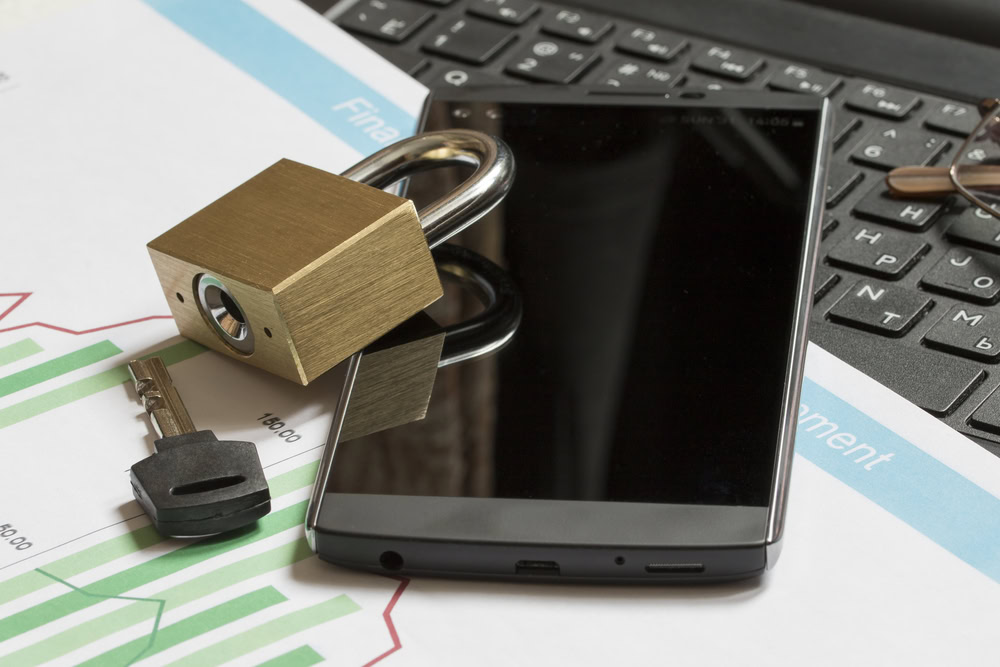Affiliate links on Android Authority may earn us a commission. Learn more.
Shocker: It looks like no one wanted to buy the $16,000 Solarin phone
March 15, 2017

In late May 2016, an Israel-based company called SIRIN LABS Labs, which raised $72 million in seed funding, got a bit of media attention when it announced the Solarin. The Android-based smartphone was promoted for its highly secure software, but it made the most headlines because of its cost: $14,000, or about $16,666 after you factor in taxes.

While we have seen smartphones with similar prices in the past, they usually had real gold or diamonds embedded in its body. The Solarin was marketed as a phone for the upwardly mobile customer who demanded high security. Indeed, one of its main features was an ability to switch the phone into a super-secure mode, where only outgoing voice calls and encrypted messaging was allowed.
The Solarin also had quite a few other hardware and software issues.
However, the Solarin also had quite a few other hardware and software issues, such as launching with Android 5.1 Lollipop, in a time period where it really should have had Android 6.0 Marshmallow out of the box. The 5.5-inch phone also had the year-old Qualcomm Snapdragon 810 processor inside, and the device itself was both fat and heavy at over half a pound. Reviews also gave low marks for its 23MP rear camera; it was slow and produced blurry images.
So it’s not much of a shock to hear today that SIRIN LABS Labs is going to be making some changes to its company. The Israeli paper Calcalist reported that the company is laying off about 30 team members, or a third of its staff, from its 90 member workforce. TechCrunch spoke with its founder and CEO Moshe Hogeg, who said that while the company is still currently making and selling the Solarin, it is now considering cancelling future versions of the phone. The company’s official statement said it is “pursuing new directions to a new product line” but there’s no word as to what that might be.
Hogeg also said that the Solarin has generated about $10 million in sales, which means that the phone has sold, at the most, about 750 units since it launched nearly a year ago. That’s a tiny number of phones, even with its high price tag. There are certainly a lot of business people and wealthy folks in the world who might pay that price for a phone with high security, but it appears that the Solarin’s many other hardware and software issues may have kept all those rich people from trying it out.
We believe there is indeed an audience that will want a secure smartphone that was promised by the Solarin, but such a device really should have had higher end specs from the start, and more importantly a lower price point.